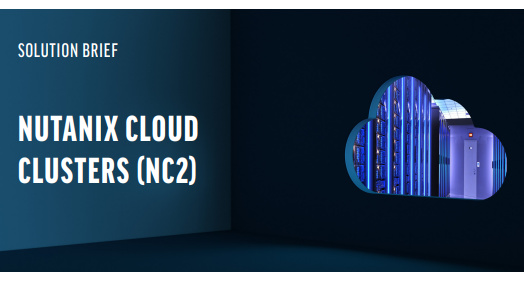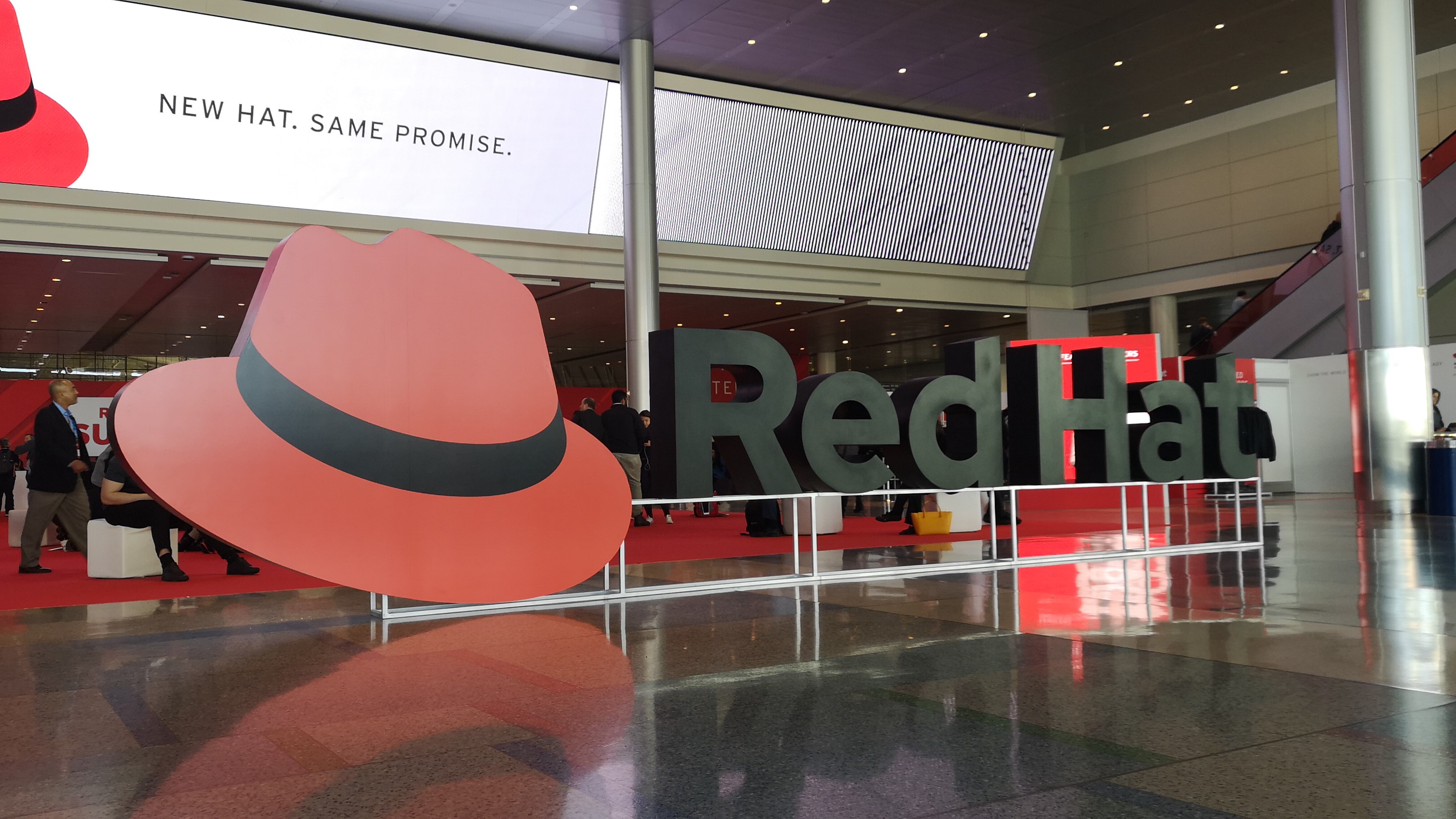AlmaLinux follows Oracle in ditching RHEL compatibility
Application binary compatibility is now the aim with 1:1 now dropped


AlmaLinux has dropped its aim to be 1:1 compatible with Red Hat Enterprise Linux (RHEL) and will instead target application binary interface (ABI) compatibility.
The move follows Oracle’s announcement of a way forward for its own distribution which, while critical of IBM and Red Hat’s decision to restrict access to RHEL source code, will also result in a loss of binary compatibility.
The company insisted that the decision would mean “very little change in [customers’] use of AlmaLinux”.
It also said that Red Hat-compatible applications would continue to run and the security updates would continue to flow.
However, by dropping the binary compatible aim it is difficult to see how a guarantee of all compatible applications continuing to run can be made, even with the ABI promise.
AlmaLinux also noted that users might also encounter bugs not in Red Hat, but not being bound to Red Hat’s release cycle means the distro can release fixes as expeditiously as it needs to.
What is application binary interface compatibility?
While 1:1 binary compatibility of the operating system is achieved through use of the source code - something Red Hat is discouraging through its restrictions - ABI refers to how an application works with the underlying operating environment.
Get the ITPro daily newsletter
Sign up today and you will receive a free copy of our Future Focus 2025 report - the leading guidance on AI, cybersecurity and other IT challenges as per 700+ senior executives
RELATED RESOURCE

Nutanix Cloud Clusters (NC2)
Discover how to modernize your hybrid cloud infrastructure and optimize your workloads.
Red Hat defines ABI as “a set of runtime conventions that interact with a compiled binary representation of a program”.
Applications that are ABI-compatible should therefore continue to work on AlmaLinux. However, applications that are not - or make use of features outside of the ABI - might not function correctly.
It is also worth noting that at this point, ABI compatibility is presently an aim. As AlmaLinux says itself: “ABI compatibility in our case means working to ensure that applications built to run on RHEL - or RHEL clones - can run without issue on AlmaLinux”.
What does this mean for customers?
The fate of RHEL clones such as AlmaLinux has been in the balance since Red Hat’s decision to restrict access to the RHEL source.
Today’s announcement by AlmaLinux, and the earlier Oracle post, is an indicator that if a customer needs full RHEL binary compatibility, then a Red Hat subscription will likely be required.
Alternatives, such as Rocky Linux, still exist and intend to make use of UBI container images and leverage pay-per-use cloud instances in order to obtain the source and maintain 1:1 compatibility.
However, observers such as Matt Yonkovit, head of open source strategy at Scarf, told ITPro that Red Hat would likely find a way to close the loophole being exploited by Rocky Linux.
What has the reaction been?
The user community has mostly reacted positively to the news, mainly due to the removal of uncertainty over what AlmaLinux would do to deal with Red Hat’s decision. However, while there is empathy for AlmaLinux’s position, some users regarded the dropping of 1:1 compatibility as a “blow”.
“As much as I like Alma, the whole point of installing it for me was to be 1:1 with the RHEL I support at work. Warts and all.”
Another described AlmaLinux’s decision as “a very well thought out response to the changes”.
The furor surrounding Red Hat’s decision to restrict access to RHEL sources is set to continue despite the clarification given by AlmaLinux thanks to the differing approaches taken by distributions seeking to fill the space left by CentOS.

Richard Speed is an expert in databases, DevOps and IT regulations and governance. He was previously a Staff Writer for ITPro, CloudPro and ChannelPro, before going freelance. He first joined Future in 2023 having worked as a reporter for The Register. He has also attended numerous domestic and international events, including Microsoft's Build and Ignite conferences and both US and EU KubeCons.
Prior to joining The Register, he spent a number of years working in IT in the pharmaceutical and financial sectors.
-
 Bigger salaries, more burnout: Is the CISO role in crisis?
Bigger salaries, more burnout: Is the CISO role in crisis?In-depth CISOs are more stressed than ever before – but why is this and what can be done?
By Kate O'Flaherty Published
-
 Cheap cyber crime kits can be bought on the dark web for less than $25
Cheap cyber crime kits can be bought on the dark web for less than $25News Research from NordVPN shows phishing kits are now widely available on the dark web and via messaging apps like Telegram, and are often selling for less than $25.
By Emma Woollacott Published
-
 Red Hat just made three big changes to its developer hub – here’s what you need to know
Red Hat just made three big changes to its developer hub – here’s what you need to knowNews Red Hat has unveiled a raft of upgrades for Red Hat Developer Hub (RDHD), including support for a local version as well as new analytics.
By Nicole Kobie Published
-
 Red Hat launches Build module as part of partner program refresh
Red Hat launches Build module as part of partner program refreshNews Red Hat has announced new changes to its partner program, including the launch of a new 'Build' module and go-to-market support capabilities.
By Daniel Todd Published
-
 Red Hat eyes “clear pathways for collaboration” with new partner program updates
Red Hat eyes “clear pathways for collaboration” with new partner program updatesNews The enhanced framework for Red Hat partners features a new modular design and fresh incentives
By Daniel Todd Published
-
 Best server distros
Best server distrosBest We've evaluated the best server distros around to help you and your business make the best choice for your OS
By K.G. Orphanides Published
-
 Red Hat adds trio of new tools to its Trusted Software Supply Chain
Red Hat adds trio of new tools to its Trusted Software Supply ChainNews The open-source giant said the additions will help organizations tackle vulnerabilities in their supply chains earlier and improve overall resiliency
By Daniel Todd Published
-
 "We got lucky": What the XZ Utils backdoor says about the strength and insecurities of open source
"We got lucky": What the XZ Utils backdoor says about the strength and insecurities of open sourceAnalysis The XZ Utils backdoor could’ve caused serious problems for Linux, but luckily a developer spotted the malicious code and prevented disaster
By Steve Ranger Published
-
 Linux just hit an all-time high share of the global desktop market — and surging popularity in India is driving uptake of the open source operating system
Linux just hit an all-time high share of the global desktop market — and surging popularity in India is driving uptake of the open source operating systemNews Linux is still dwarfed by operating systems such as Windows, but it’s making modest gains off the back of growing popularity in emerging markets
By Steve Ranger Published
-
 Windows is getting its own Sudo command, just like Linux - here’s what you need to know and how you can use it
Windows is getting its own Sudo command, just like Linux - here’s what you need to know and how you can use itNews The Sudo for Windows command feature might make life a little easier for administrators - so long as they are aware of the potential security risks
By Steve Ranger Published